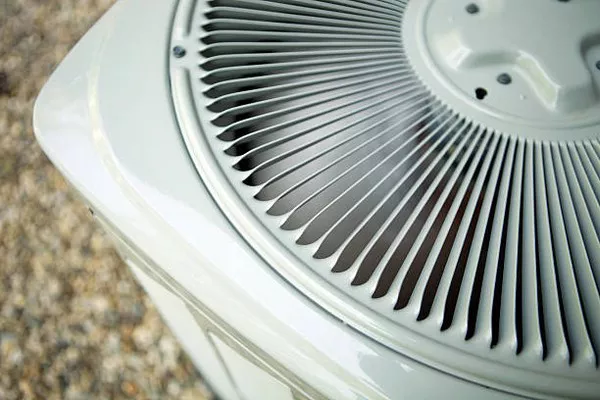Are you considering purchasing an air compressor for your vehicle but unsure about the costs involved? Understanding the factors that influence the price of car air compressors can help you make an informed decision. From portable models to more advanced systems, the range of options can vary significantly. Let’s delve into the details to determine how much you might expect to pay for an air compressor and what features can affect its price.
Types of Car Air Compressors: What Are Your Options?
What are the different types of air compressors available for vehicles, and how do they impact pricing? One of the most common options is the portable air compressor, which is compact and versatile, ideal for emergency tire inflation and basic air pumping tasks. Portable compressors are often more affordable due to their simplicity and ease of use, making them a popular choice among car owners. Prices for these units typically range from $30 to $150, depending on the brand, quality, and additional features such as digital displays or LED lights.
For those seeking more power and efficiency, larger and more sophisticated compressors are available. Built-in air compressors, often found in high-end vehicles or as aftermarket installations, can be pricier due to their integration with the vehicle’s systems and enhanced performance capabilities. These compressors are designed for heavy-duty use, such as powering air suspension systems or air tools, and can range from $200 to over $1000 or more. The cost is influenced by factors like brand reputation, durability, and the maximum pressure and airflow capacity of the unit.
Key Factors Influencing Price: What Determines the Cost of Car Air Compressors?
What specific factors contribute to the varying costs of car air compressors? Quality and durability are paramount considerations affecting price. Compressors constructed from high-grade materials like stainless steel or heavy-duty plastics tend to be more expensive but offer greater longevity and reliability. Brand reputation also plays a role, with well-known manufacturers often charging a premium for their products due to established quality standards and customer support.
Moreover, the features and functionalities of an air compressor significantly impact its price. Basic models with manual controls and standard pressure gauges are generally more affordable compared to units with advanced digital displays, automatic shut-off functions, and built-in LED lighting. Consider how frequently you intend to use the compressor and the specific tasks you’ll need it for when deciding which features justify the investment.
Evaluating Performance Metrics: What Specifications Matter Most?
What technical specifications should you prioritize when assessing the value of an air compressor? Two critical metrics to consider are airflow (measured in cubic feet per minute, or CFM) and maximum pressure (usually measured in pounds per square inch, or PSI). The higher the CFM and PSI ratings, the more versatile and capable the compressor will be across a range of applications.
For instance, if you plan to use the compressor primarily for inflating tires, a unit with a modest CFM and PSI rating may suffice. Conversely, if you require a compressor for powering pneumatic tools or operating air horns, a higher CFM and PSI capacity will be essential. However, be mindful that higher-performance compressors typically come with a higher price tag, reflecting their enhanced capabilities and durability.
Considering Additional Costs: What About Maintenance and Accessories?
Beyond the initial purchase price, what other expenses should you anticipate when owning a car air compressor? Maintenance is a crucial aspect to factor in, as regular upkeep ensures optimal performance and extends the lifespan of the unit. Depending on the compressor type, you may need to invest in replacement parts like filters, hoses, or fittings periodically.
Furthermore, consider the need for accessories such as extension cords, air hoses, tire inflator nozzles, or carrying cases. While these items may seem minor, they contribute to the overall usability and convenience of the compressor. Budgeting for such accessories at the outset can provide a more accurate estimate of the total cost of ownership.
Final Thoughts: Making an Informed Purchase
In conclusion, the cost of a car air compressor can vary widely depending on factors such as type, quality, features, and performance metrics. Whether you opt for a budget-friendly portable unit or invest in a high-end integrated compressor, understanding your specific needs and usage requirements is key to selecting the right product. Consider the long-term value and benefits of a reliable air compressor for your vehicle, weighing the initial investment against the potential savings and convenience it offers over time. By evaluating these factors thoughtfully, you can make a well-informed decision and ensure that your chosen air compressor meets your expectations effectively and efficiently.

